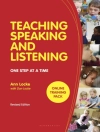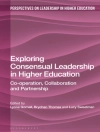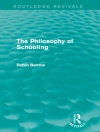We are living through what the Zapatistas call the ‘Fourth World War’—a war waged by the forces of colonial and racial capitalism, that insists we forget our victories, relinquish our practices of care, and abandon our struggle. For communities targeted and ravaged by policing and militarization, safety is a paramount concern. But where do we turn? To the state, with its warped ideas of security and all its attendant violences?
Drawing on more than a decade of ‘convivial research’ and ‘insurgent learning’, alongside struggles across the San Francisco Bay Area, and in dialogue with Indigenous and non-Indigenous struggles from southern Mexico, the authors argue for self-organized, locally rooted community safety. This, they claim, can be observed through five critical elements: community self-defense; fierce care; assembly; knowledge production and self-representation; and autonomous justice.
Advancing conviviality as a praxis, as a counterforce to the death machine of racial patriarchal capital, this book aims to re-enchant the world through a focus on life; to provide tools, strategies, and theorizations that build from below in order to cross-pollinate struggles everywhere.
Содержание
Introduction
1. Fierce Care/Networks of Care
2. Community Self-Defense
3. Assembly
4. Insurgent Knowledge Production / Auto Representation
5. Autonomous Justice
Conclusion
Об авторе
Annie Paradise is a member of the Center for Convivial Research and Autonomy (CCRA), a transterritorial research collective, and a collaborator with the Universidad de la Tierra Califas, an autonomous learning initiative, both based in the San Francisco Bay Area. She is also a researcher with the Counter Counterinsurgency Lab.












